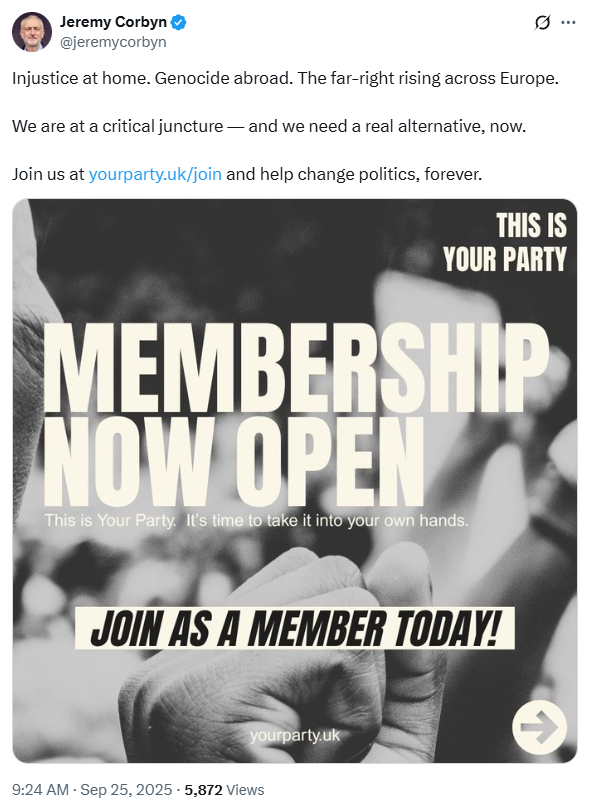This week my local council announced its plans for the demolition of it old offices close to the centre of town. Although the building is only 50 years old it fails to meet contemporary building standards in almost every respect and would cost millions to bring up to code whilst the office based workforce dwindles.
The plans are nothing too egregious, you know the sort of thing, new homes and public gardens that will inevitably look better in designer's CAD software than in real life when the local spice addicts have had a chance to populate them.
(Incidentally, why can't designers ever give these sort of images a realistic aesthetic of empty White Lightning cans strewn under benches, surly teenagers wearing dubiously sourced hoodies and bedraggled Amazon bought England flags looking mournful as the cable ties that hold them in place slip slowly down the lampposts?)
Obviously, when the plans were posted by the council to local 'Spotted' Facebook groups, with the added caveat that those staffing the authority's comms team are real people too and abuse will be deleted, the comments were to be as expected.
"What a waste of money!", "I suppose the houses will be for boat people!", "Why can't we have a Primark instead?"
It's that last comment that on these sort of posts is the most common. There will always be a sizeable minority lamenting the loss of the high street, and that the council should bring in a number of well known brands: sometimes Next, sometimes Marks and Spencer, but always Primark.
And, of course, it's that last comment that always fails to show any meaningful comprehension of the retail environment that we live in today.
I wrote a few days ago about the challenges our charity retail sector is facing as overheads increase and donations are hit dramatically by platforms such as Vinted.
Today, is another story of woe on the high street, and whilst not one that will materially affect my own little former mining town it does speak to the wider problems retail faces.
The Times reports that this week Selfridges published accounts for 2024 showing a pre-tax loss of £15.9 million pounds adding that although footfall is up by more than 1 million people throughout the year the company was in deficit. Any retail business can have a bad year and with an historic legacy Selfridges will have the status to withstand the economic headwinds better than most. Only this isn't 'a bad year', last year the business posted losses of £42 million and overall the company hasn't made a profit since 2019.
There are real fears that Selfridges will close, and it is certainly true that department stores are struggling, anyone remember Debenhams?
But arguably Selfridges is different. It's high end, a destination, it's special. What next? Harrods? Quite possibly.
Part of the problem is that retail has been beset by a cocktail of existential challenges with the internet being the most prominent and Selfridges have commented that the issue doing them the most damage is the government's policy of getting rid of tax free shopping for overseas visitors. No longer can wealthy international tourists come to Britain and buy their LV and Prada cheaply (and add to the economy through hotel and hospitality use whilst doing so), so they are taking their exorbitant shopping trips elsewhere.
One of the most serious criticisms of this government is that they are cutting off their nose to spite their face. Wealth is portable and whilst the government's calls for fairness may be laudable we are witnessing in real time an exodus of the super wealthy from Britain, an education system driving international students away, and now, a retail environment that deters people that would have previously added to the exchequer whilst taking nothing out. Britain's soft power is being damaged daily.
But I digress, back to retail and those social media comments in my little, run-down town.
The world is a highly complex place and there will always be people that cry that it's not like it used to be and ask why can't we go back?
But we can only live in the world that we have chosen. A world with internet shopping, a world with massive public services and high welfare standards, a world where international competitors have outstripped us in educational attainment and innovation.
We can't have Primark in our little town, and potentially may soon not have Selfridges in our cities, because that world doesn't exist anymore.
The real challenge we face is that the constituency calling for a return to a past that no longer exists will fall for snake-oil salesman that promise they can deliver it. They won't, and the deterioration will only gather pace.
Unless we speak truth to the ignorant now the prospects for our high streets, and our country, can only ever worsen.
